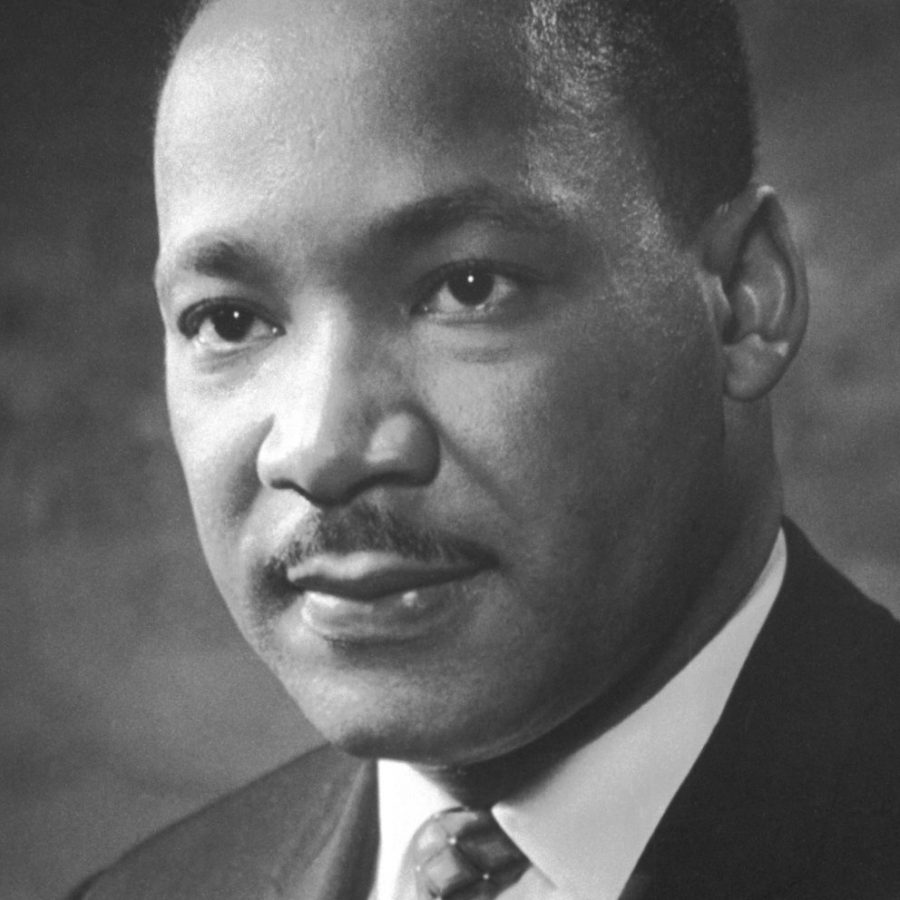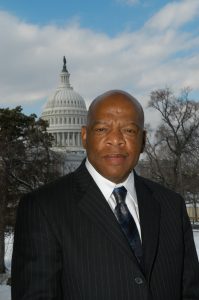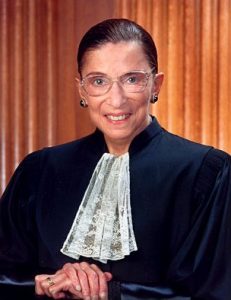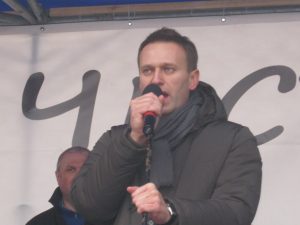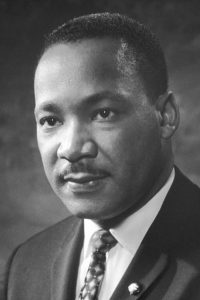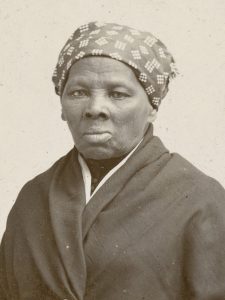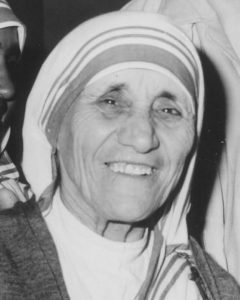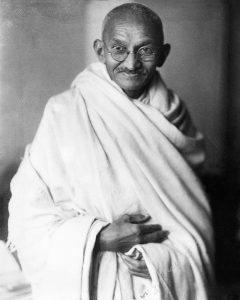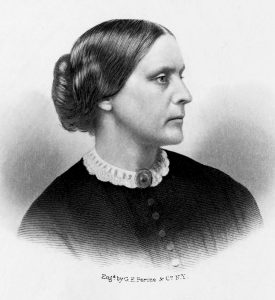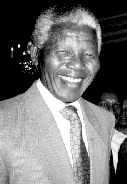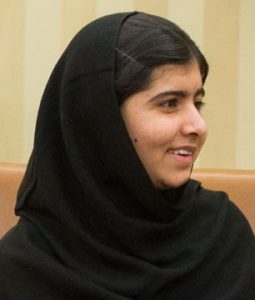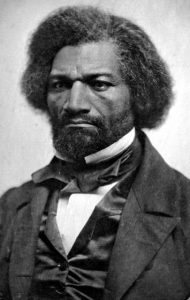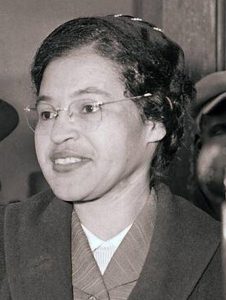Martin Luther King, Jr.
(1929–1968)
Martin Luther King Jr. was born on January 15, 1929, in Atlanta, Georgia, into a family of Baptist ministers. He became one of the most influential figures of the 20th century, leading the American Civil Rights Movement with a message of nonviolence, love, and justice. A Nobel Peace Prize laureate, King’s life was tragically cut short when he was assassinated in Memphis, Tennessee, on April 4, 1968, but his legacy endures worldwide.
Raised in the segregated South, King excelled academically, skipping grades and enrolling at Morehouse College at the age of 15. Influenced by his father and theologian Howard Thurman, he pursued ministry and social justice. After earning a doctorate in theology from Boston University, King returned to the South to pastor Dexter Avenue Baptist Church in Montgomery, Alabama. It was here that history called him to leadership during the Montgomery Bus Boycott of 1955, sparked by Rosa Parks’s arrest.
King’s steady leadership and belief in nonviolent protest made him the face of the movement. As president of the Southern Christian Leadership Conference (SCLC), he coordinated sit-ins, boycotts, and marches that challenged segregation and racial injustice. His powerful speeches, infused with biblical imagery and moral clarity, galvanized national and international support.
Perhaps his most iconic moment came in 1963 at the March on Washington, where he delivered the famous “I Have a Dream” speech. Speaking before more than 250,000 people, King envisioned a future where people would be judged not by the color of their skin but by the content of their character. This event helped build momentum for the passage of the Civil Rights Act of 1964.
In 1964, King received the Nobel Peace Prize for his nonviolent struggle for civil rights. His later work broadened to include opposition to poverty and the Vietnam War, reflecting his belief that injustice anywhere threatened justice everywhere. His leadership directly influenced landmark legislation, including the Voting Rights Act of 1965.
King is honored in the Good Trouble Makers Hall of Fame because his life exemplified the highest ideals of justice, courage, and moral leadership. He showed the world that transformative change could be achieved through nonviolence, leaving a legacy that continues to guide movements for freedom and equality.

